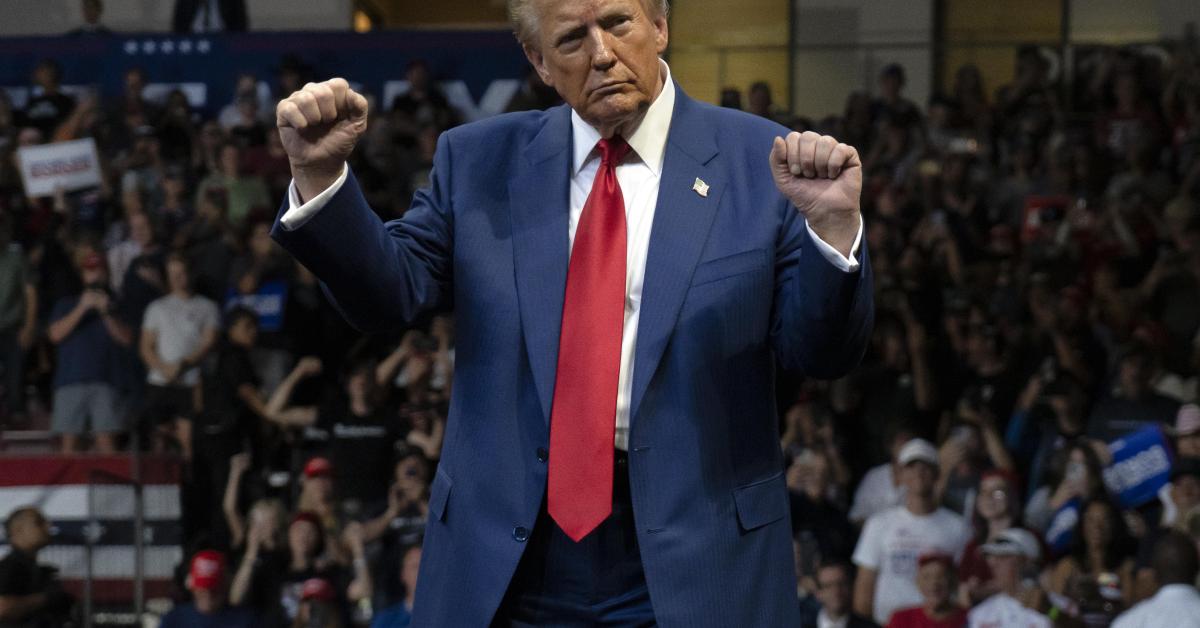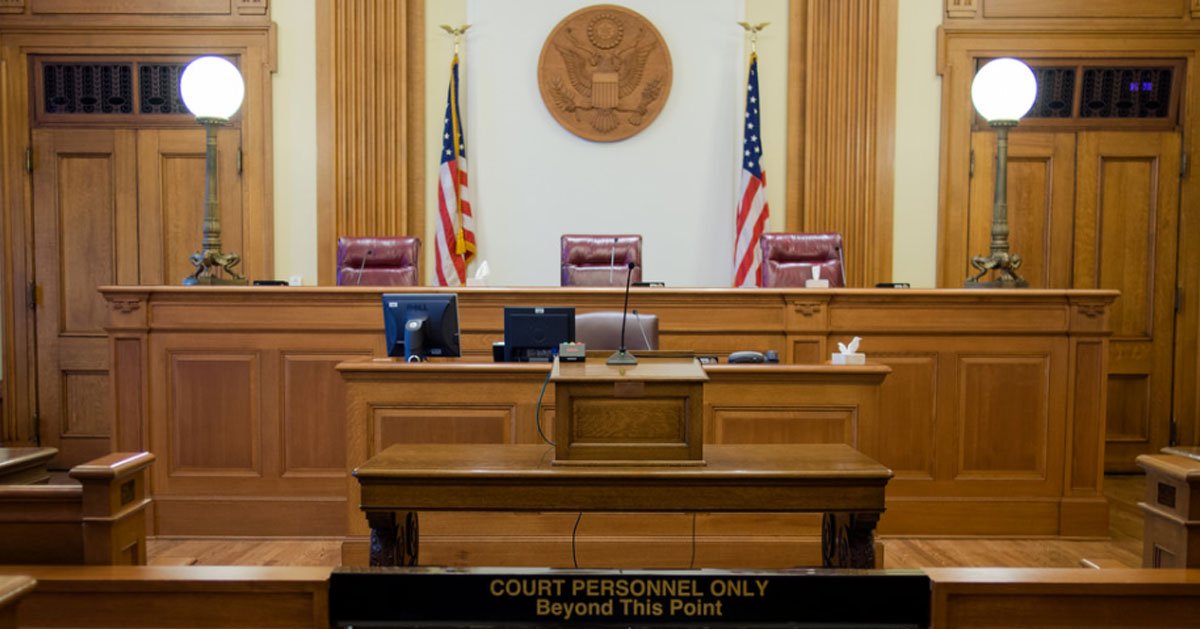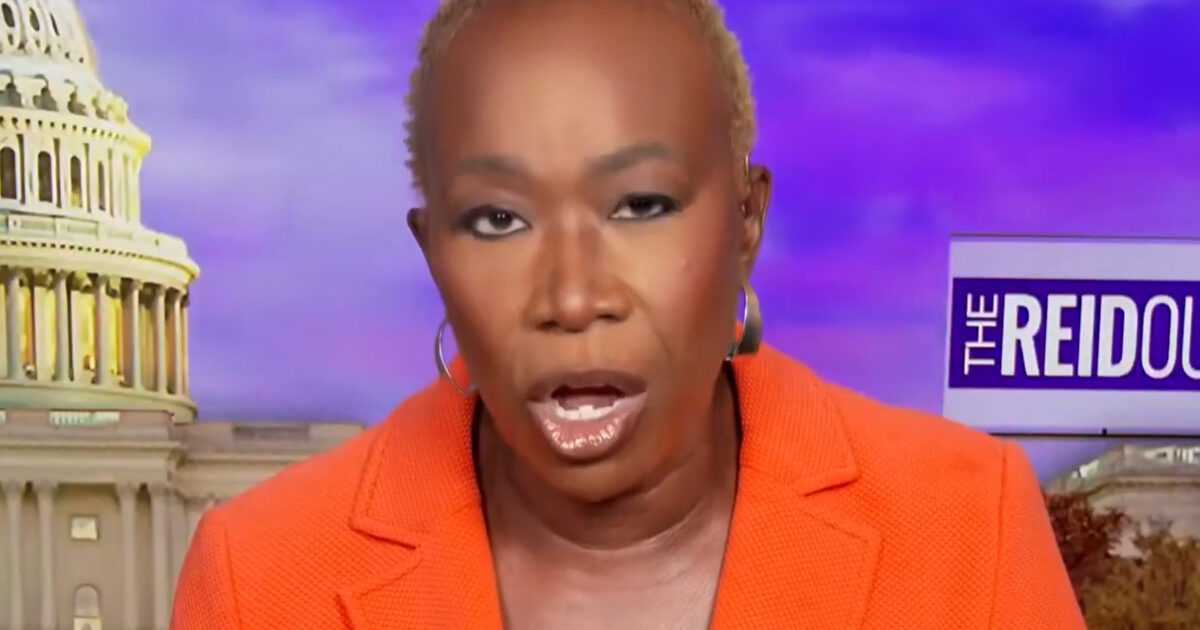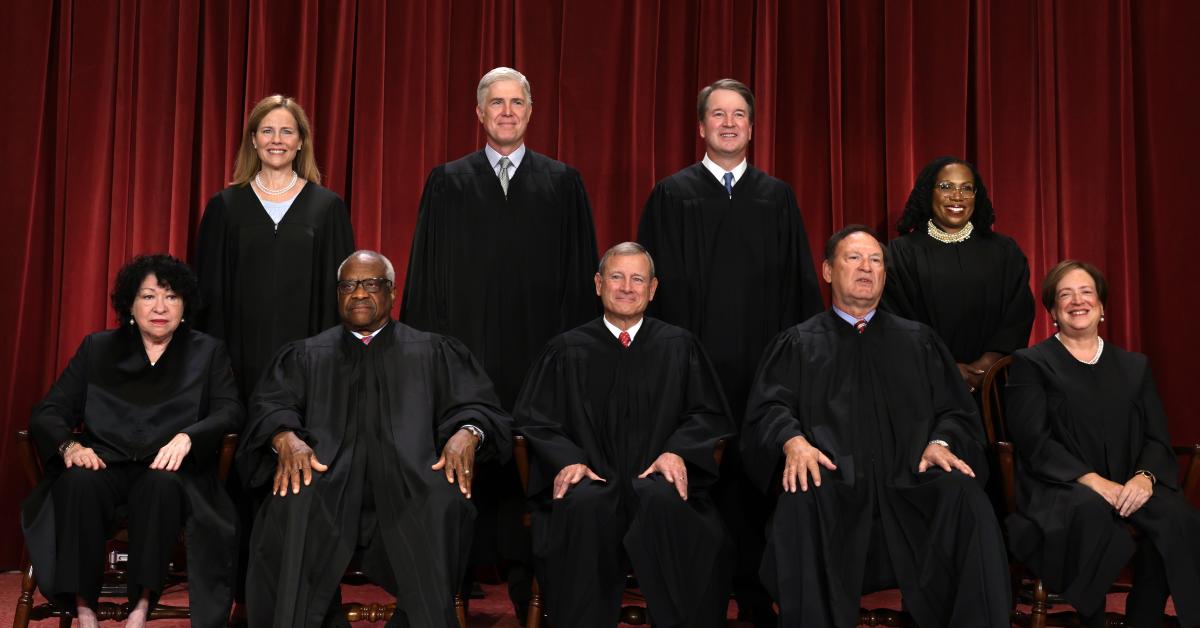President Donald Trump’s administration has swiftly put a halt on federal grants, sparking a legal battle with a coalition of states. Despite the opposition, Trump remains steadfast, pointing to a recent Supreme Court ruling as a validation of his actions. The Supreme Court upheld the decision to freeze funding allocated for DEI-related teacher training, providing a significant boost to the administration’s stance.
The Trump administration currently faces a lawsuit involving 22 Democrat-led states, alongside the District of Columbia. Newsweek highlighted how these states managed to secure temporary restraining orders against the White House’s grant freeze from two federal judges. This legal tug-of-war emphasizes the tension between the administration’s policies and the states’ demands.
The administration’s lawyers have referenced a crucial Supreme Court decision from last week to support their position in the ongoing legal proceedings. The court’s ruling permits Trump to freeze millions earmarked for DEI teacher training while the case continues. This decision has become a cornerstone of the administration’s legal defense.
Contrarily, the plaintiffs in the case argue that the Supreme Court’s recent decision is not applicable to their current legal challenge. They assert that the ruling on DEI funds should not influence the ongoing case, which involves different circumstances. Their motion insists that the administration’s use of the Supreme Court decision is unfounded.
The lawsuit contends that while the plaintiff states challenge the withholding of federal funds, they do not dispute any specific grant termination. This nuanced argument seeks to differentiate their case from the precedent the administration relies on. The plaintiffs are resolute in their stance against the grant freeze.
New York Attorney General Letitia James stands at the forefront of the opposition against the Trump administration’s actions. At a press conference, James declared, “We will not stand for any illegal policy that puts essential services for millions of Americans at risk.” Her determined approach underscores the high stakes of this legal battle.
James and her fellow plaintiffs vow to seek immediate judicial intervention to halt the enforcement of the grant freeze. Her firm stance reflects her broader contentious relationship with President Trump. Last year, James secured a $454 million civil fraud judgment against Trump, adding another layer to their ongoing legal confrontations.
As the legal battle unfolds, the administration remains committed to its review of federal grants. The decision to freeze these funds is portrayed as a necessary measure to ensure fiscal responsibility and strategic allocation. Supporters argue that such actions align with conservative principles of prudent governance.
News outlets like Fox News have echoed the administration’s perspective, emphasizing the importance of evaluating federal spending. The review is framed as a move towards more efficient and transparent allocation of resources. This narrative bolsters the administration’s defense against the legal challenges it faces.
Critics, however, continue to express concern over the impact of the grant freeze on essential services. The potential disruption of programs tied to DEI initiatives is a focal point for those opposing the administration’s decision. This debate highlights the broader ideological divide over the role of federal funding in societal development.
The legal proceedings have drawn significant public attention, with both sides presenting compelling arguments. The outcome of this case could have far-reaching implications for federal grant policies and the balance of power between state and federal authorities. Observers closely watch as the drama unfolds in the courtroom.
The Trump administration’s approach reflects a broader conservative ideology, emphasizing limited government intervention. Supporters argue that the grant freeze is a step towards reducing unnecessary spending and promoting accountability. This aligns with a vision of streamlined government operations.
As the legal battle continues, the lines are drawn between the administration’s commitment to fiscal responsibility and the states’ push to protect essential services. The clash between these priorities underscores the complexity of federal grant policies. The court’s decisions will play a pivotal role in shaping the future course of these policies.
The lawsuit against the administration serves as a reminder of the ongoing tensions between state and federal governments. The legal arguments presented by both sides will likely influence future cases involving similar issues. This case may set a precedent for how federal grant policies are challenged and defended.
The Trump administration’s stance has garnered support from conservative circles, who view the grant freeze as a necessary measure. The emphasis on reviewing federal expenditures is seen as a prudent approach to governance. This perspective resonates with those advocating for a streamlined and efficient government.
As the proceedings progress, both sides remain steadfast in their positions. The legal strategies employed by the administration and the states will be scrutinized by legal experts and the public alike. The resolution of this case could have significant implications for the future of federal grant distribution.
The ongoing legal battle reflects broader ideological disputes over government spending and the role of federal funding in local initiatives. The outcome may influence future policies and the relationship between different levels of government. As the case unfolds, it captures the attention of policymakers and citizens across the nation.



